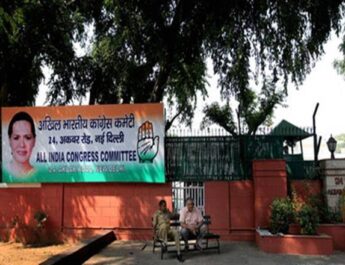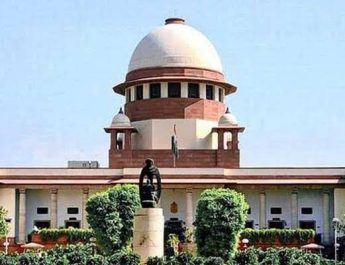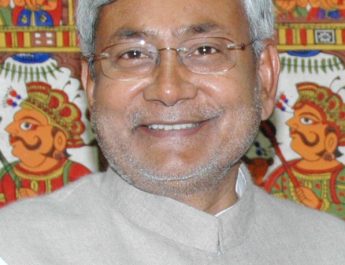From Our Bureau
NEW DELHI: In a major ruling impacting the Goods and Services Tax (GST) regime, the Supreme Court on Thursday ruled that the decisions of the GST Council are only recommendatory and not binding as Parliament and state legislatures possess equal powers to legislate on GST.
Upholding the judgement of the Gujarat High Court in ocean freight matter in the case of Mohit Minerals, a Bench headed by Justice D Y Chandrachud said the GST council’s recommendations are only “persuasive and not binding.” It said the limited role of GST council is to suitably advise the Centre and the state governments. Other two judges on the Bench were Justices Surya Kant and Vikram Nath.
The Centre had come in appeal on the issue of the levying of the GST by the Gujarat Government on imports that was upheld by the High Court. The Court said a notification 10/2017 on the recipient, in this case the importer, is only clarificatory as it didnot specivy a taxable person different from recipient prescribed in the IGST Act for the purpose of reverse charge.
In a 153-page long judgment penned by Justice Chandrachud, it gave reasons why the recommendations of the GST council are not binding on the Centre or the states, noting that Parliament deleted Article 279B and included Article 279(1) in the Constitution to ensure the recommendations of the GST council “to only have a persuasive value.”
It says Article 246A does not envisage a repugnancy provision to resolve the inconsistencies between the Central and state laws on GST. To regard the GST council’s recommendations as binding edicts would disrupt the fiscal federation, where both the Union and the States are conferred equal power to legislate on GST.
The ruling says: “The Government while exercising its rule-making power under the
provisions of the CGST Act and IGST Act is bound by the
recommendations of the GST Council. However, that does not mean that
all the recommendations of the GST Council made by virtue of the power
Article 279A (4) are binding on the legislature’s power to enact primary
legislation.”





